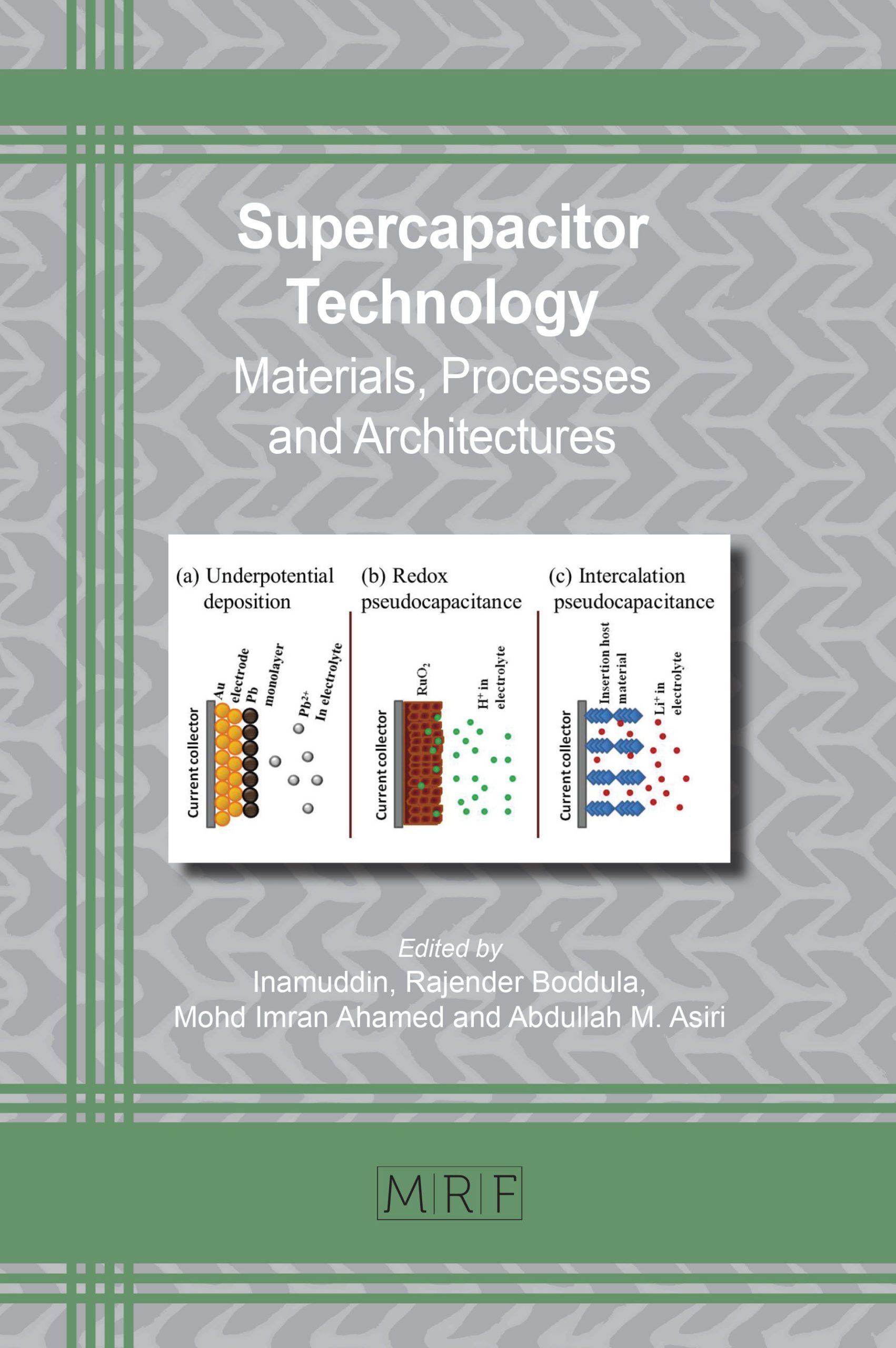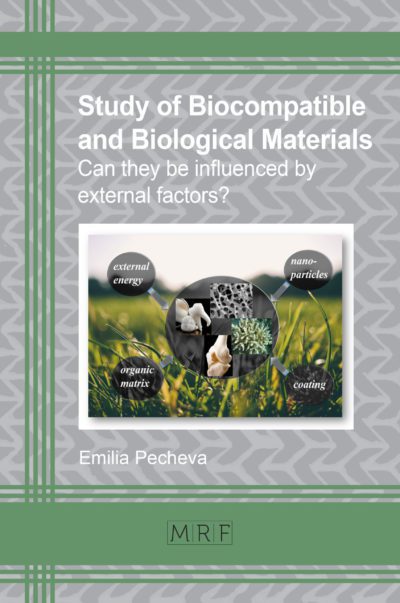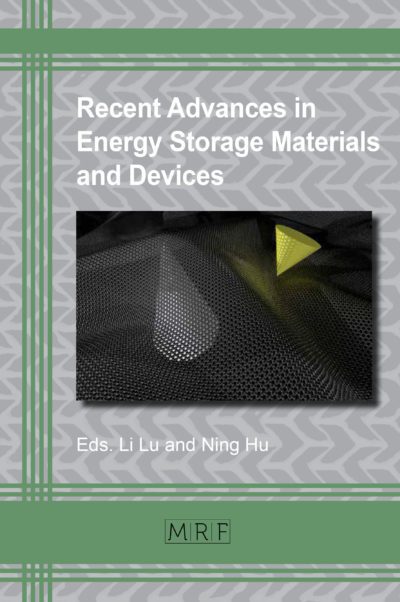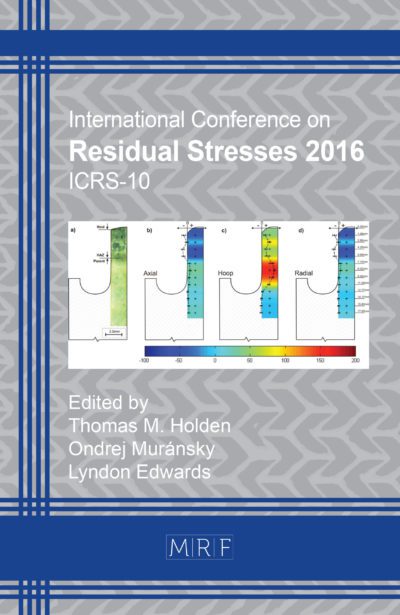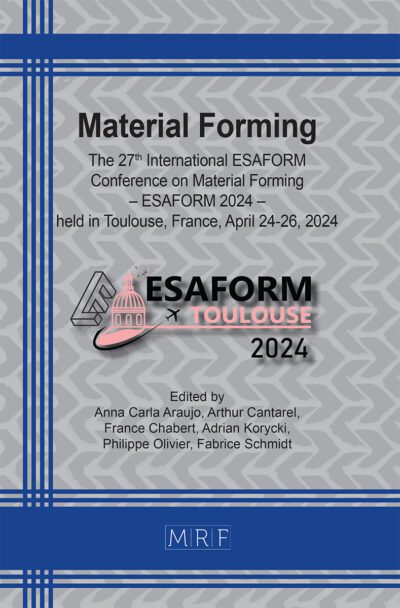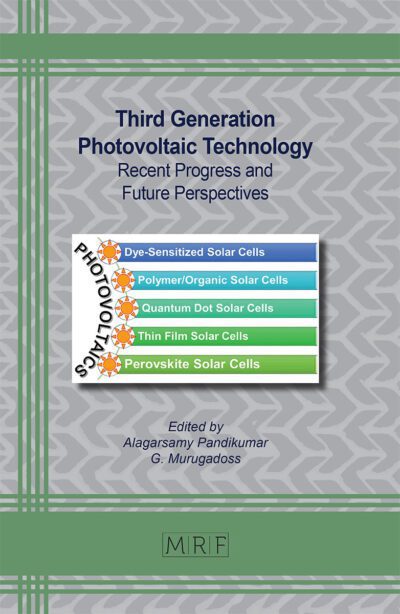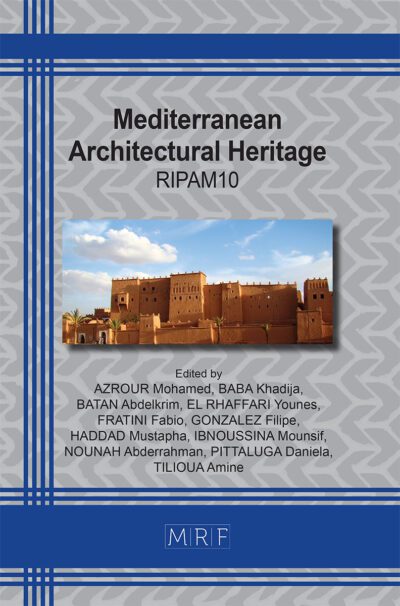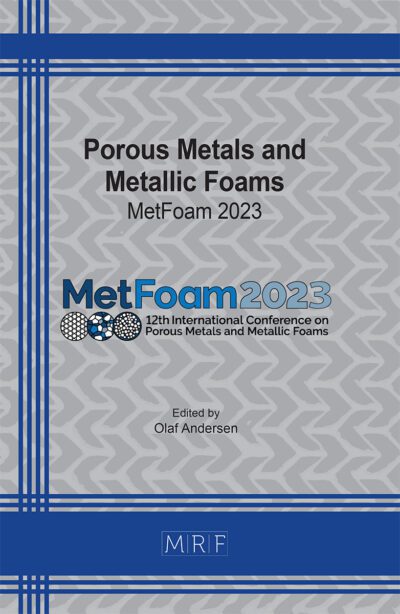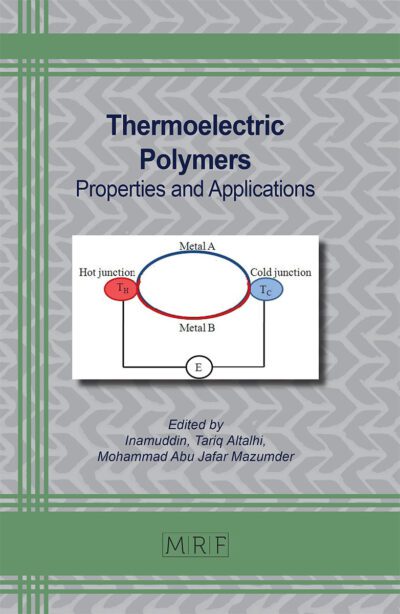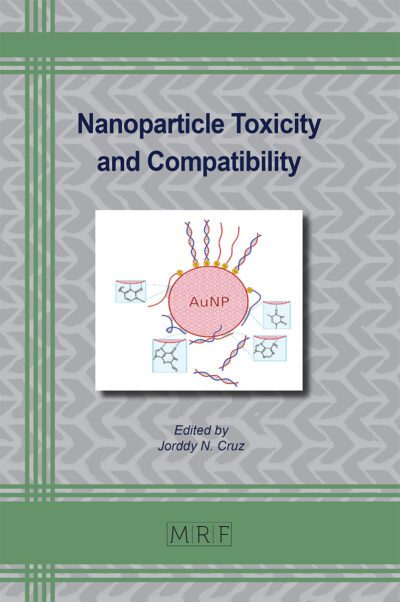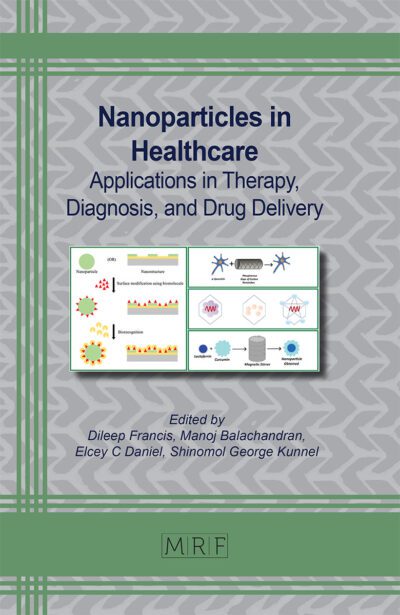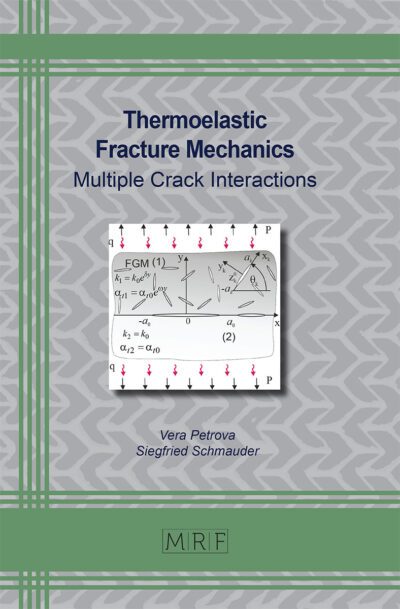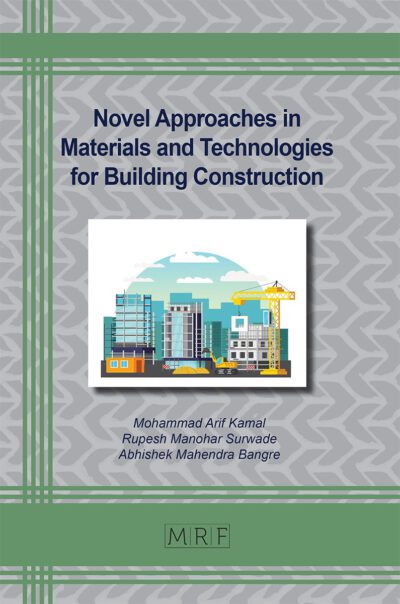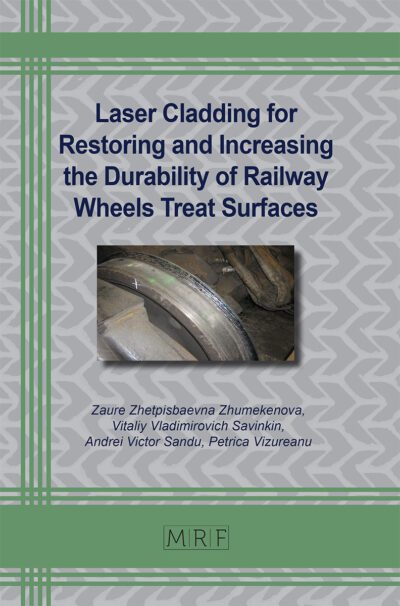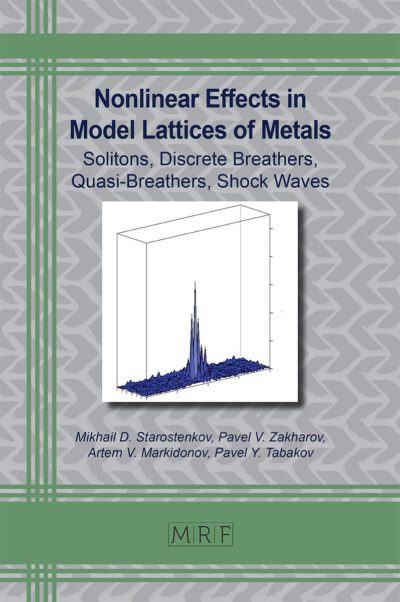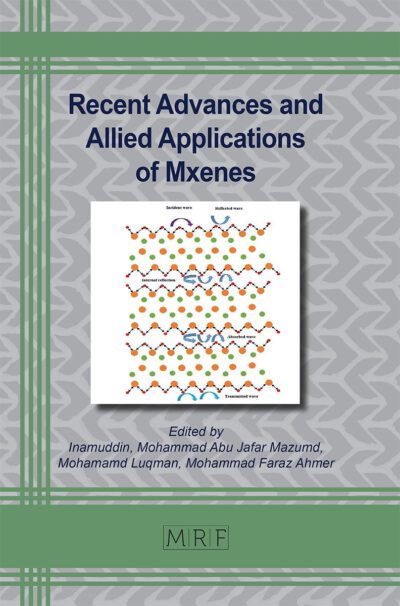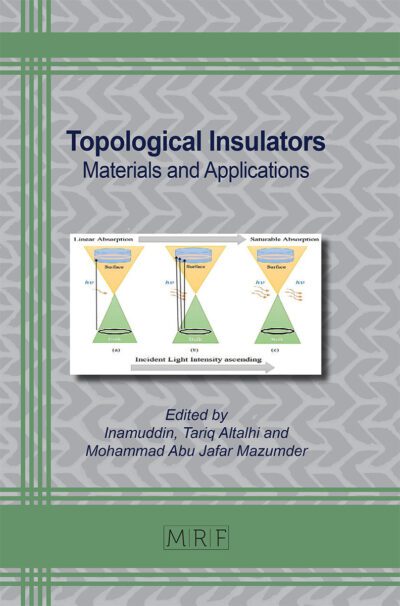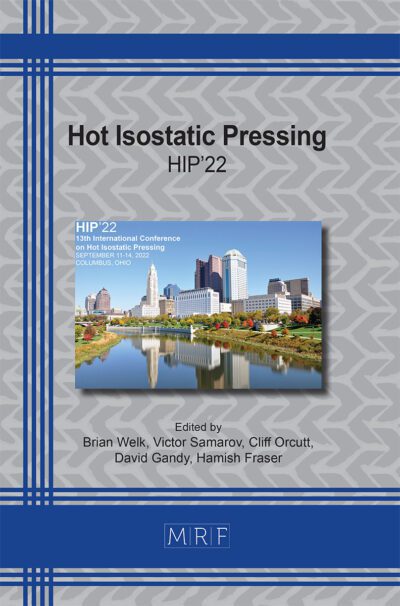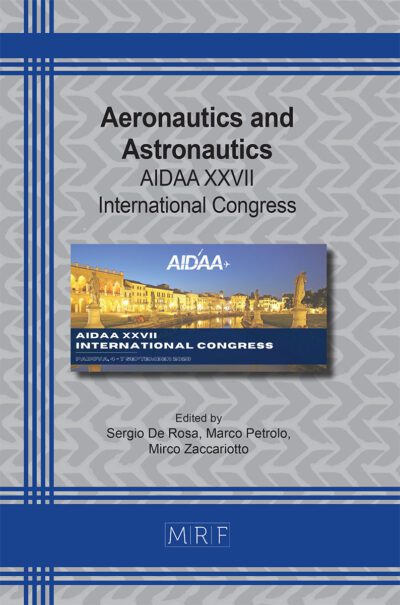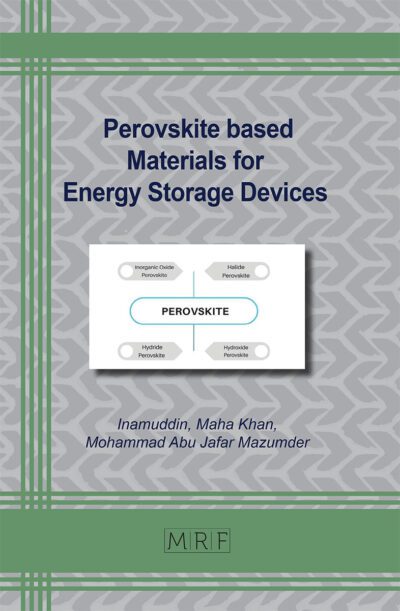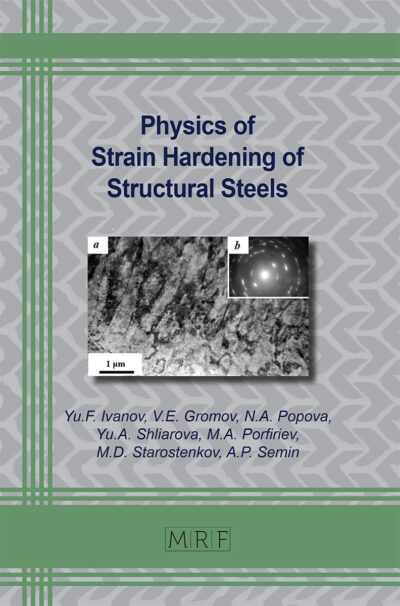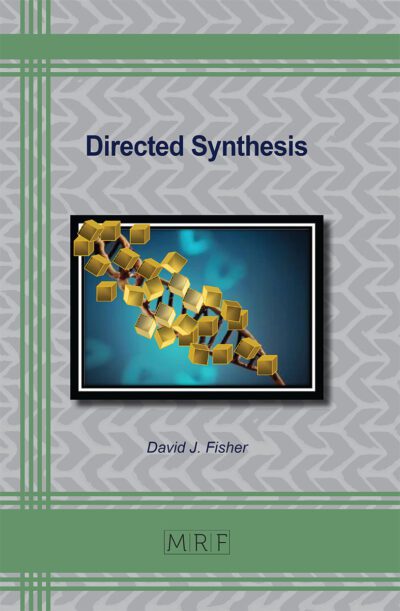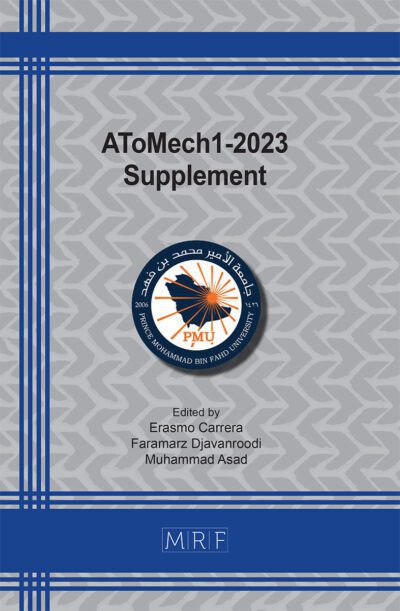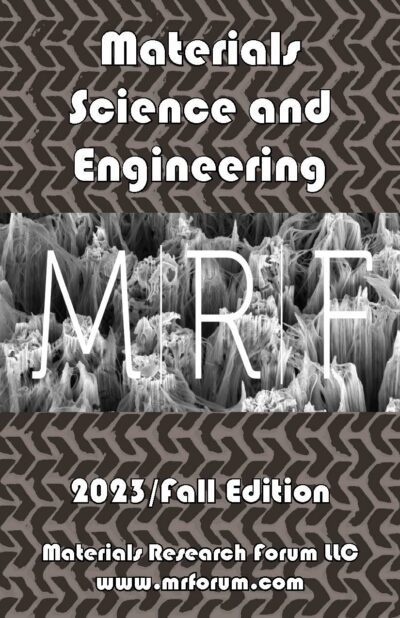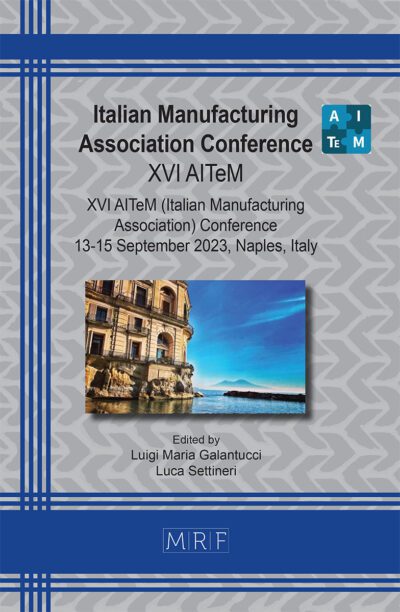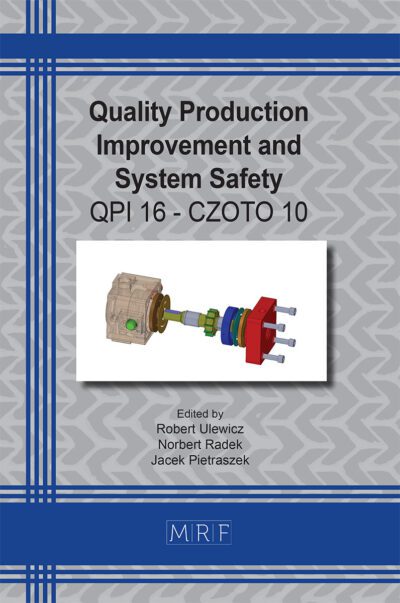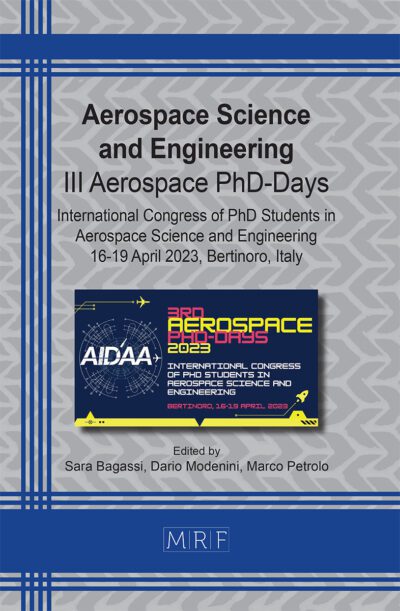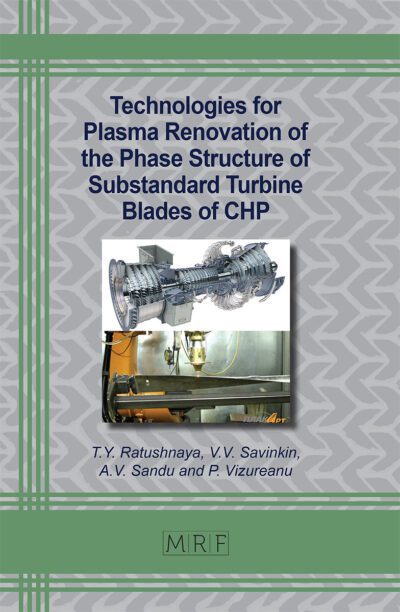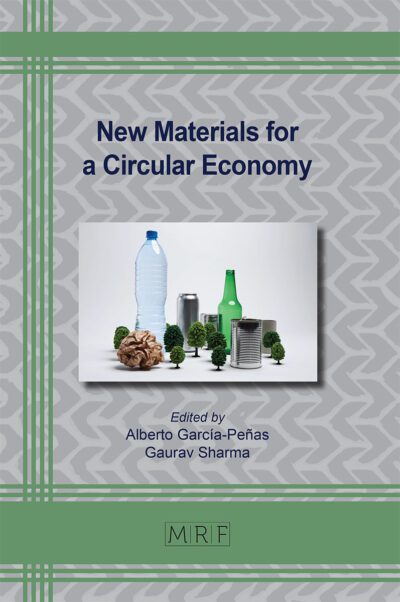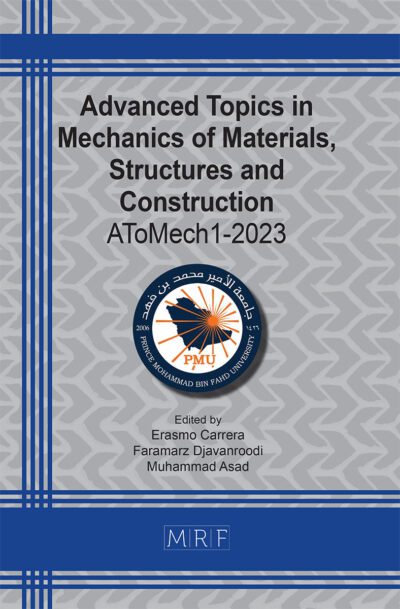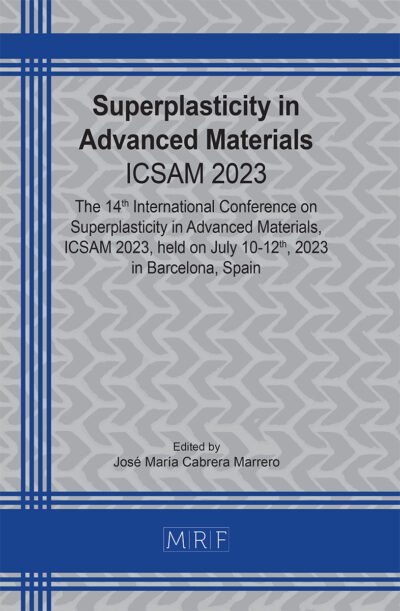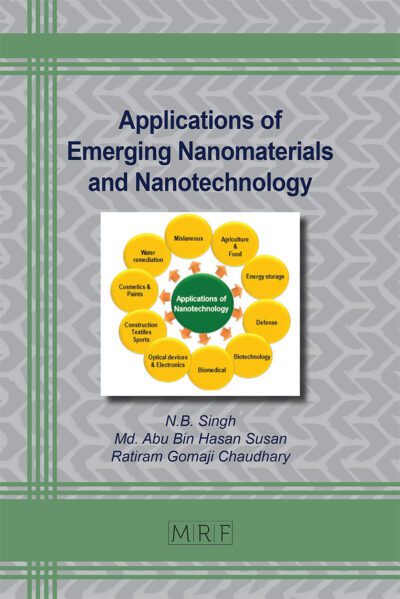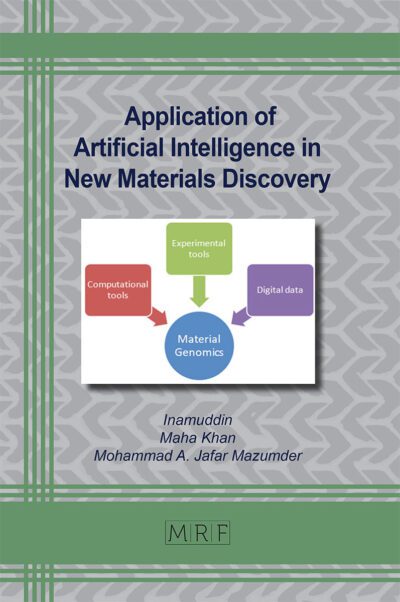Supercapacitor Technology – Materials, Processes and Architectures
Eds. Inamuddin, Rajender Boddula, Mohd Imran Ahamed and Abdullah M. Asiri
Materials Research Foundations Vol. 61
Publication Date 2019, 274 Pages
Print ISBN 978-1-64490-048-2 (release date November 30th, 2019)
ePDF ISBN 978-1-64490-049-9
DOI: 10.21741/9781644900499
Supercapacitors are most interesting in the area of rechargeable battery based energy storage because they offer an unbeatable power density, quick charge/discharge rates and prolonged lifetimes in comparison to batteries. The book covers inorganic, organic and gel-polymer electrolytes, electrodes and separators used in different types of supercapacitors; with emphasis on material synthesis, characterization, fundamental electrochemical properties and most promising applications.
Keywords
Supercapacitors, Rechargeable Batteries, Organic Electrolytes, Inorganic Electrolytes, Gel Polymer based Supercapacitors, Redox Electrolytes, Starch-Based Electrolytes, Flexible Supercapacitors, Pseudocapacitors, Carbon Nanoarchitectures for Supercapacitors, Photo-Supercapacitors, Bimetal Oxides/Sulfides for Electrochemical Supercapacitors
flyer
Organic Electrolytes for Supercapacitors
Ivy Heng, Chin Wei Lai, Joon Ching Juan
Inorganic Electrolytes in Supercapacitor
P.E. Lokhande, U.S. Chavan
Gel Polymer Electrolytes for Supercapacitor Applications
K.K. Purushothaman, B. Saravanakumar, S. Vadivel, N. Krishna Chandar, Mohd Imran Ahamed
Redox Electrolytes/Mediators for Supercapacitors
X. Zhou, Y. Wang, C. Zhang, and X. Qiao
Separators for Supercapacitors
A. Amin Izazi, Chin-Wei Lai, Joon-Ching Juan, Siew-Moi Phang, Guan-Tin Pan, Thomas C-K. Yang
Starch-Based Electrolytes: An Eco-Friendly and Economical Option for Flexible Supercapacitor
Neelam Srivastava
Pseudocapacitors
P.M. Anjana and R.B. Rakhi
Carbon Nanoarchitectures for Supercapacitor Applications
T. Manovah David and Tom Mathews
Photo-Supercapacitor
S. Vadivel, S. Hariganesh, Pothu Ramyakrishna, Rajender Boddula
Novel Bimetal Oxides/Sulfides Composites Electrodes for Electrochemical Supercapacitors
Shuhua Liu, Zongyu Huang and Xiang Qi
Related sites:
https://en.wikipedia.org/wiki/Supercapacitor
About the editors
Dr. Inamuddin is currently working as Assistant Professor in the Chemistry Department, Faculty of Science, King Abdulaziz University, Jeddah, Saudi Arabia. He is a permanent faculty member (Assistant Professor) at the Department of Applied Chemistry, Aligarh Muslim University, Aligarh, India. He obtained Master of Science degree in Organic Chemistry from Chaudhary Charan Singh (CCS) University, Meerut, India, in 2002. He received his Master of Philosophy and Doctor of Philosophy degrees in Applied Chemistry from Aligarh Muslim University (AMU), India, in 2004 and 2007, respectively. He has extensive research experience in multidisciplinary fields of Analytical Chemistry, Materials Chemistry, and Electrochemistry and, more specifically, Renewable Energy and Environment. He has worked on different research projects as project fellow and senior research fellow funded by University Grants Commission (UGC), Government of India, and Council of Scientific and Industrial Research (CSIR), Government of India. He has received Fast Track Young Scientist Award from the Department of Science and Technology, India, to work in the area of bending actuators and artificial muscles. He has completed four major research projects sanctioned by University Grant Commission, Department of Science and Technology, Council of Scientific and Industrial Research, and Council of Science and Technology, India. He has published 147 research articles in international journals of repute and eighteen book chapters in knowledge-based book editions published by renowned international publishers. He has published 60 edited books with Springer (U.K.), Elsevier, Nova Science Publishers, Inc. (U.S.A.), CRC Press Taylor & Francis Asia Pacific, Trans Tech Publications Ltd. (Switzerland), IntechOpen Limited (U.K.), and Materials Research Forum LLC (U.S.A). He is a member of various journals’ editorial boards. He is also serving as Associate Editor for journals (Environmental Chemistry Letter, Applied Water Science and Euro-Mediterranean Journal for Environmental Integration, Springer-Nature), Frontiers Section Editor (Current Analytical Chemistry, Bentham Science Publishers), Editorial Board Member (Scientific Reports-Nature), Editor (Eurasian Journal of Analytical Chemistry), and Review Editor (Frontiers in Chemistry, Frontiers, U.K.) He is also guest-editing various special thematic special issues to the journals of Elsevier, Bentham Science Publishers, and John Wiley & Sons, Inc. He has attended as well as chaired sessions in various international and national conferences. He has worked as a Postdoctoral Fellow, leading a research team at the Creative Research Initiative Center for Bio-Artificial Muscle, Hanyang University, South Korea, in the field of renewable energy, especially biofuel cells. He has also worked as a Postdoctoral Fellow at the Center of Research Excellence in Renewable Energy, King Fahd University of Petroleum and Minerals, Saudi Arabia, in the field of polymer electrolyte membrane fuel cells and computational fluid dynamics of polymer electrolyte membrane fuel cells. He is a life member of the Journal of the Indian Chemical Society. His research interest includes ion exchange materials, a sensor for heavy metal ions, biofuel cells, supercapacitors and bending actuators.
Dr. Rajender Boddula is currently working for Chinese Academy of Sciences President’s International Fellowship Initiative (CAS-PIFI) at National Center for Nanoscience and Technology (NCNST, Beijing). His academic honors includes University Grants Commission National Fellowship and many merit scholarships, and CAS-PIFI. He has published many scientific articles in international peer-reviewed journals and has authored twenty book chapters. He is also serving as an editorial board member and a referee for reputed international peer-reviewed journals. He has published edited books with Springer (UK), Elsevier, Materials Research Forum LLC (USA) and CRC Press Taylor & Francis Asia Pacific, Trans Tech Publications Ltd. (Switzerland). His specialized areas of research are energy conversion and storage, which include sustainable nanomaterials, graphene, polymer composites, heterogeneous catalysis for organic transformations, environmental remediation technologies, photoelectrochemical water-splitting devices, biofuel cells, batteries and supercapacitors.
Dr. Mohd Imran Ahamed received his Ph.D degree on the topic “Synthesis and characterization of inorganic-organic composite heavy metals selective cation-exchangers and their analytical applications”, from Aligarh Muslim University, Aligarh, India in 2019. He has published several research and review articles in the journals of international recognition. He has also edited various books which are published by Springer, CRC Press Taylor & Francis Asia Pacific and Materials Research Forum LLC, U.S.A. He has completed his B.Sc. (Hons) Chemistry from Aligarh Muslim University, Aligarh, India, and M.Sc. (Organic Chemistry) from Dr. Bhimrao Ambedkar University, Agra, India. His research work includes ion-exchange chromatography, wastewater treatment, and analysis, bending actuator and electrospinning.
Prof. Abdullah M. Asiri is the Head of the Chemistry Department at King Abdulaziz University since October 2009 and he is the founder and the Director of the Center of Excellence for Advanced Materials Research (CEAMR) since 2010 till date. He is the Professor of Organic Photochemistry. He graduated from King Abdulaziz University (KAU) with B.Sc. in Chemistry in 1990 and a Ph.D. from University of Wales, College of Cardiff, U.K. in 1995. His research interest covers color chemistry, synthesis of novel photochromic and thermochromic systems, synthesis of novel coloring matters and dyeing of textiles, materials chemistry, nanochemistry and nanotechnology, polymers and plastics. Prof. Asiri is the principal supervisors of more than 20 M.Sc. and six Ph.D. theses. He is the main author of ten books of different chemistry disciplines. Prof. Asiri is the Editor-in-Chief of King Abdulaziz University Journal of Science. A major achievement of Prof. Asiri is the research of tribochromic compounds, a new class of compounds which change from slightly or colorless to deep colored when subjected to small pressure or when grind. This discovery was introduced to the scientific community as a new terminology published by International Union of Pure and Applied Chemistry (IUPAC) in 2000. This discovery was awarded a patent from European Patent office and from UK patent. Prof. Asiri involved in many committees at the KAU level and on the national level. He took a major role in the advanced materials committee working for King Abdulaziz City for Science and Technology (KACST) to identify the national plan for science and technology in 2007. Prof. Asiri played a major role in advancing the chemistry education and research in KAU. He has been awarded the best researchers from KAU for the past five years. He also awarded the Young Scientist Award from the Saudi Chemical Society in 2009 and also the first prize for the distinction in science from the Saudi Chemical Society in 2012. He also received a recognition certificate from the American Chemical Society (Gulf region Chapter) for the advancement of chemical science in the Kingdome. He received a Scopus certificate for the most publishing scientist in Saudi Arabia in chemistry in 2008. He is also a member of the editorial board of various journals of international repute. He is the Vice- President of Saudi Chemical Society (Western Province Branch). He holds four USA patents, more than one thousand publications in international journals, several book chapters and edited books.

